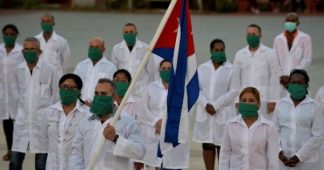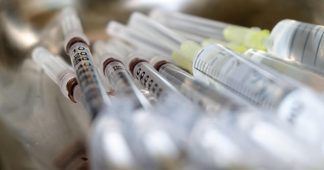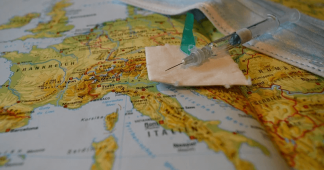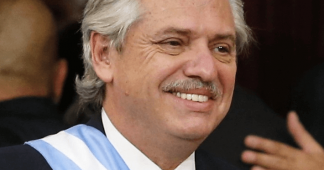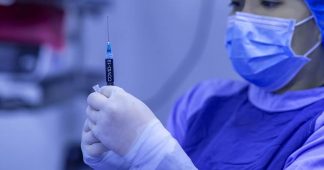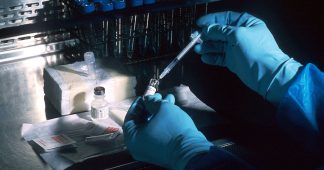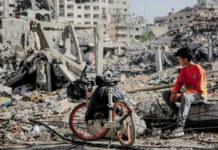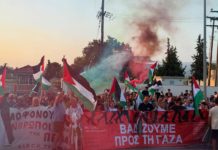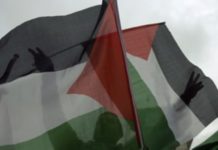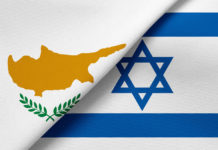By Fakir Hassen
Feb 2, 2021
Johannesburg, Feb 2 (PTI) South Africa plans to nominate the members of the Cuban medical teams, who have been assisting in fighting the COVID-19 pandemic in other countries, for the 2021 Nobel Peace Prize.
President Cyril Ramaphosa announced this and easing of the lockdown restrictions on Monday evening as the country”s first batch of 10 lakh vaccines arrived from India.
“This evening, I wish to recognise in particular the selfless and unwavering assistance of the government and people of Cuba.
“True to its history, this small island nation has demonstrated solidarity with the hardest-hit countries and sent more than 3,700 Cubans throughout the world to assist in the fight against COVID-19,” Ramaphosa said.
“In recognition of this effort, the South African cabinet has approved a proposal to nominate the Henry Reeve International Contingent of Doctors Specialised in Disaster Situations and Serious Epidemics — or as they commonly are known, the Cuban Medical Brigade — for the 2021 Nobel Peace Prize.
“In Africa alone, the brigade had treated more than 38,000 people by the end of November 2020. They are currently still active in many countries, including here in South Africa,” the president said.
Ramaphosa described the arrival of the vaccines from the Serum Institute in India on Monday as the beginning of a new chapter in South Africa”s struggle against the coronavirus.
This vaccine was developed by pharmaceutical company AstraZeneca together with the University of Oxford. South Africa was one of the countries where clinical trials were held to assess its efficacy.
“The arrival of these vaccines contains the promise that we can turn the tide on this disease that has caused so much devastation and hardship in our country and across the world.
“The speed and scale at which new vaccines have been developed is unprecedented in human history and represents the monumental progress that humanity can achieve in the face of a common threat,” the president said as he outlined how healthcare workers would be the top priority in the first phase of the vaccination drive.
“Once we have completed the vaccination of healthcare workers, we will move to Phase 2 of the national vaccine strategy, which will include essential workers, people over 60 years, people with co-morbidities as well as those living in places such as nursing homes and hostels. In Phase 3, we will extend the vaccination programme to the rest of the adult population,” he said.
Ramaphosa said a further five lakh doses from the Serum Institute of India will arrive later in the month. He said a total of 4.1 crore more doses have been secured from various manufacturers for delivery later this year.
Explaining that the intention is to vaccinate around 67 per cent of South Africans (about four crore people) to achieve herd immunity by the end of this year, Ramaphosa dismissed rumours of compulsory vaccination.
“I want to be clear. Nobody will be forced to take this vaccine. Nobody will be forbidden from travelling, from enrolling at school or from taking part in any public activity if they have not been vaccinated.
“Nobody will be given this vaccine against their will, nor will the vaccine be administered in secret. Any rumours to this effect are both false and dangerous,” he said.
The president announced that as the number of fresh coronavirus cases has reached a low point of around 5,500 daily as opposed to the 10,000 per day in the preceding week, the Corona Command Council has decided to ease some of the lockdown restrictions imposed in December last year.
These include the lifting of the total ban on alcohol sales, opening of beaches, pools and parks, and allowing religious gatherings — all subject to certain limitations.
“These changes have been made possible by the significant reduction in COVID-19 hospital admissions across all provinces, reducing the pressure on beds and hospital personnel.
“At the peak of the second wave, we recorded over 2,300 hospital admissions in a day. This had fallen to 295 hospital admissions by January 29,” Ramaphosa said as he cautioned that the rates of transmission are still relatively high, resulting in some prevention measures still remaining in place.
Social gatherings, political events, traditional council meetings and gatherings at sports grounds will not be permitted.
It also remains compulsory for every person to wear a mask in a public space, with offenders facing a criminal record if they pay an admission of guilt fine. PTI FH RC
